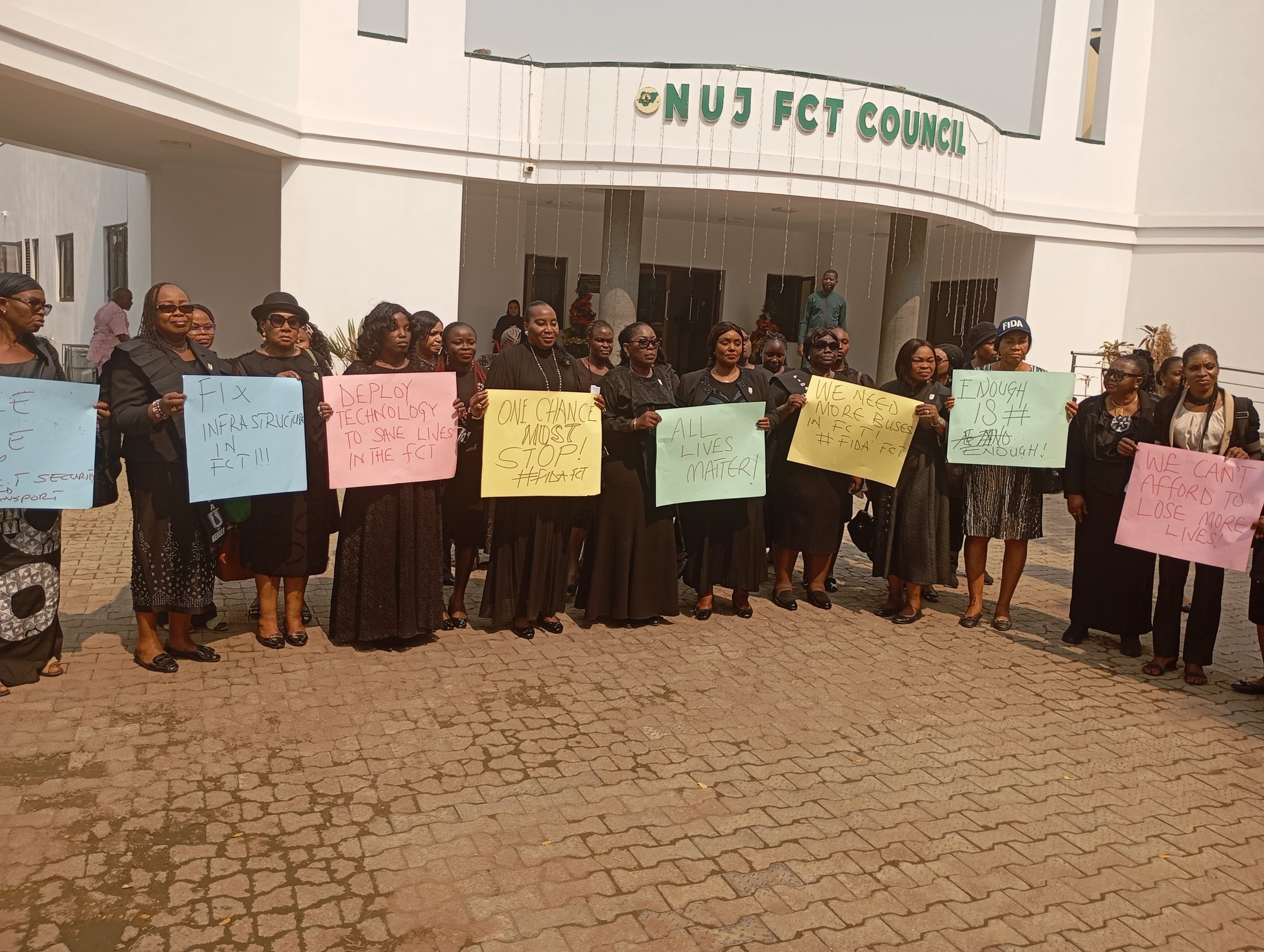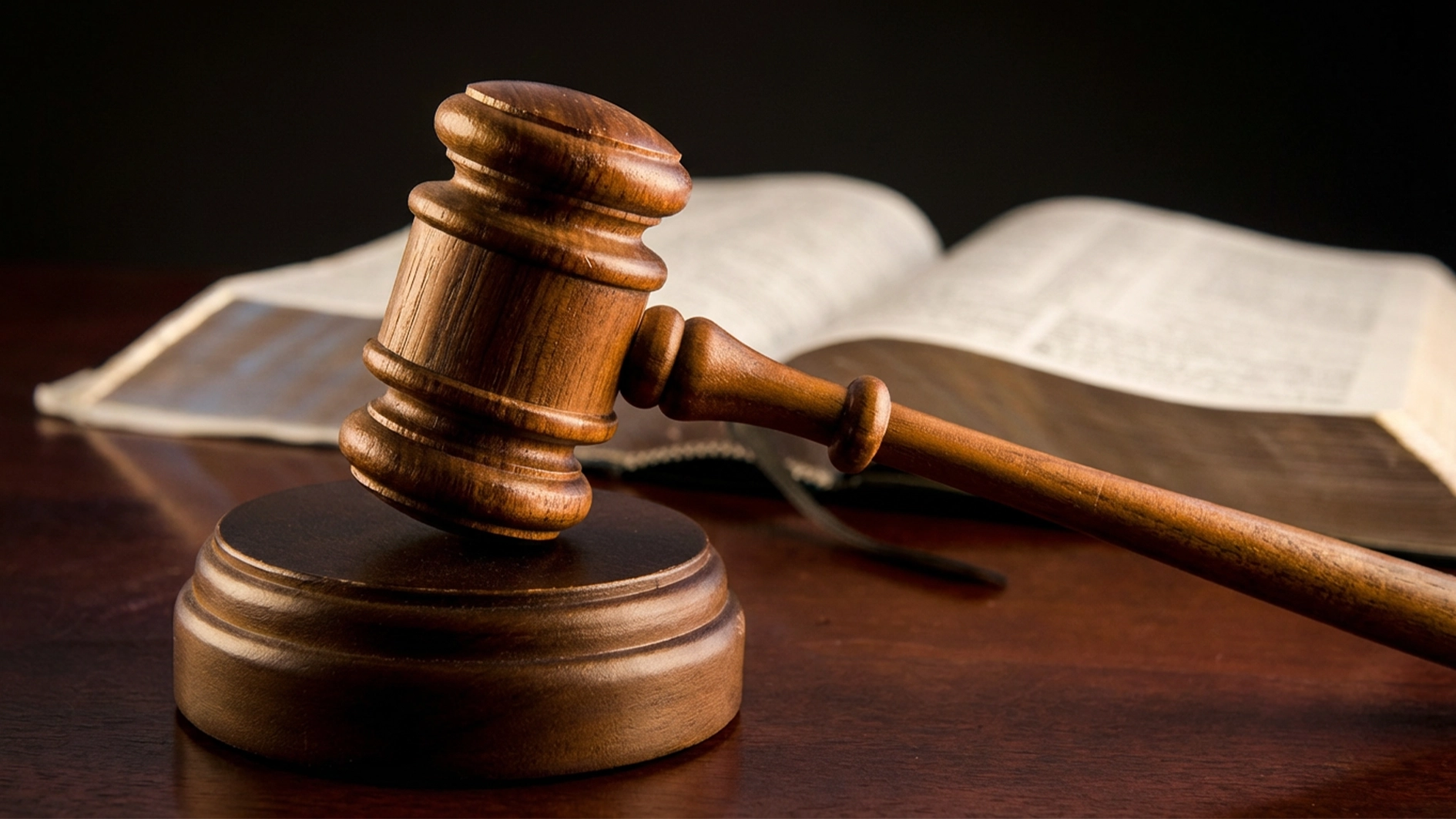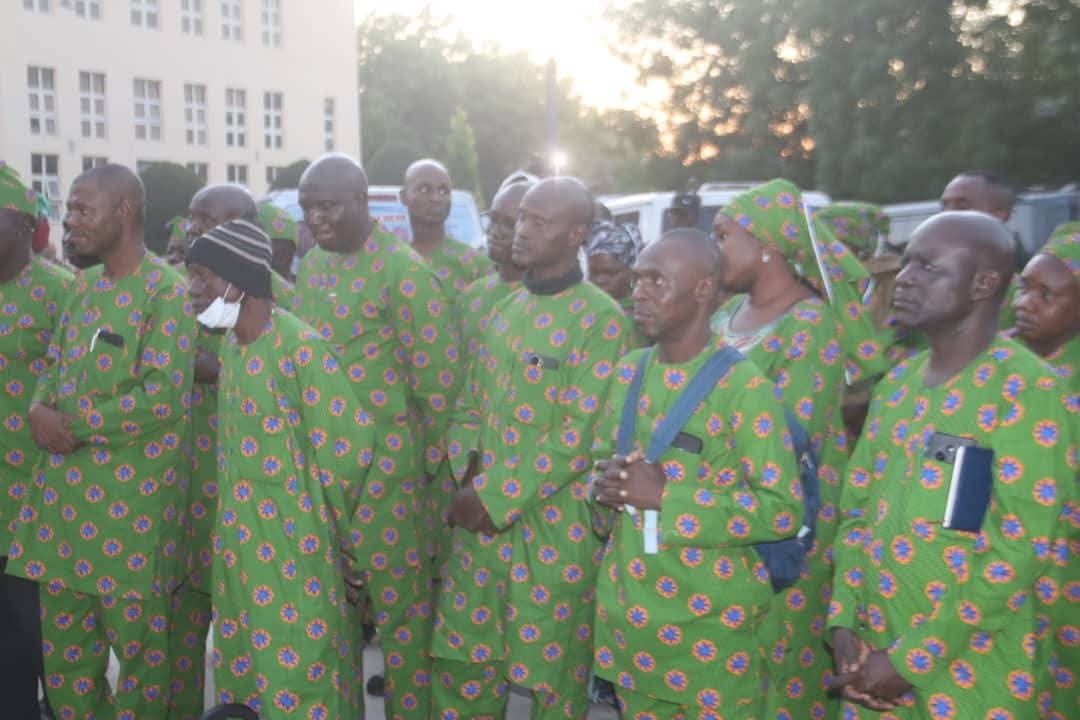The Federal Government on Friday unveiled the GEF GOLD+ Nigeria Project aimed at formalising artisanal mining and promoting mercury-free gold production across the country.
It said Nigeria is taking decisive steps toward eliminating mercury use in artisanal and small-scale gold mining (ASGM).
Speaking at the launch in Abuja during the project’s inception workshop, the Minister of Environment, Balarabe Abbas Lawal, recalled that Nigeria had earlier demonstrated its commitment by developing a National Action Plan (NAP) between 2017 and 2020 to eliminate mercury use in ASGM.
The minister, represented by the Permanent Secretary, Alhaji Mahmud Adam Kambari, described the initiative as a transformative intervention that aligns with Nigeria’s obligations under the Minamata Convention on Mercury and the Tinubu administration’s national development priorities.
He called for strong stakeholder cooperation to ensure the project’s success.
“The project adopts a holistic, multi-sectoral approach that integrates formalisation, cleaner technologies, and access to traceable value chains. This is a sustainable pathway for the development of Nigeria’s gold mining sector,” he said.
Lawal explained that the project, funded by the Global Environment Facility (GEF) and implemented by the United Nations Industrial Development Organisation (UNIDO), seeks to significantly reduce mercury emissions from ASGM and support miners with access to finance, markets, and mercury-free technologies.
He noted that mercury, widely used in informal gold extraction, is a highly toxic neurotoxin that contaminates soil, water, and the food chain, with severe long-term health and environmental consequences.
The minister highlighted that the current phase of the PlanetGOLD programme is being rolled out in eight countries, including Nigeria, following an earlier phase implemented in nine countries across Africa, Asia, and Latin America.
He added that the GEF GOLD+ Nigeria Project aligns with the government’s Eight-Point Agenda, particularly poverty reduction, economic growth, job creation, and access to capital—and will contribute to achieving the Sustainable Development Goals.
The project will begin in Niger, Kaduna, Zamfara, and Kebbi states, selected as pilot locations due to their high ASGM activity and urgent need for environmental reform.
Lawal said he expects “robust discussions, a clear understanding of the project timelines, and the establishment of a strong collaborative framework,” stressing that the buy-in of government agencies, mining communities, civil society, the private sector, and financial institutions is essential.
He reaffirmed the ministry’s commitment to supporting a cleaner, safer, and economically viable ASGM sector.
In her remarks, the Director of Pollution Control and Environmental Health at the ministry, Dr. Bahijjahtu Hadiza Abubakar, described the workshop as a major step toward a safer and more sustainable mining industry.
She welcomed participants from federal ministries, UNIDO, the Project Steering Committee, pilot states, civil society organisations, ASGM communities, financial institutions, and the media, saying the GEF GOLD+ Nigeria Project offers “a beacon of hope” for tackling longstanding health and environmental risks associated with mercury use.
“For too long, mercury use in ASGM has posed significant threats to human health, ecosystems, and our national development aspirations. This project provides a tangible pathway for mitigating these impacts while unlocking economic opportunities in an environmentally responsible manner,” she said.
Abubakar noted that the workshop was designed as a collaborative platform to build the framework for the project’s successful implementation.
She added that success will depend on “active participation, insightful contributions, and the unwavering commitment of all stakeholders,” stressing that their expertise and buy-in remain essential.






